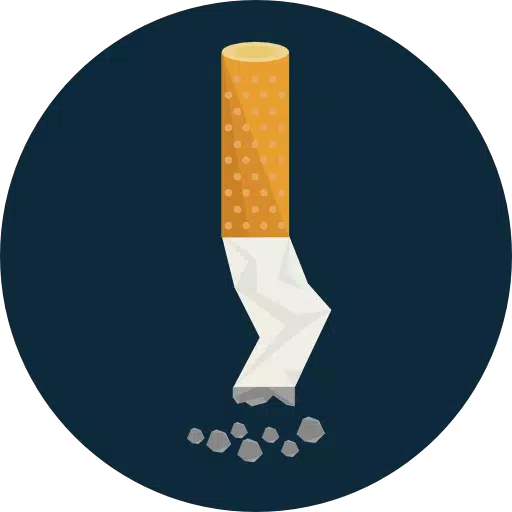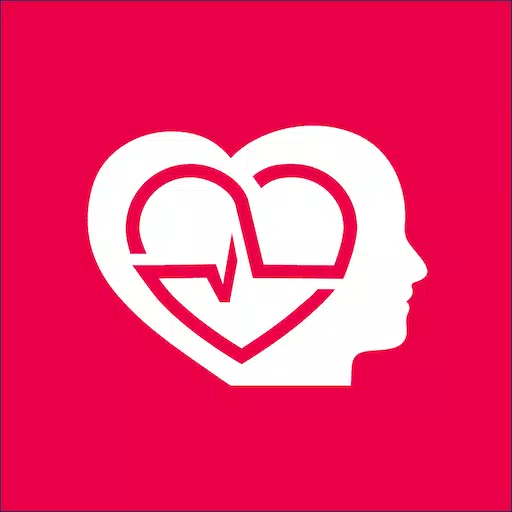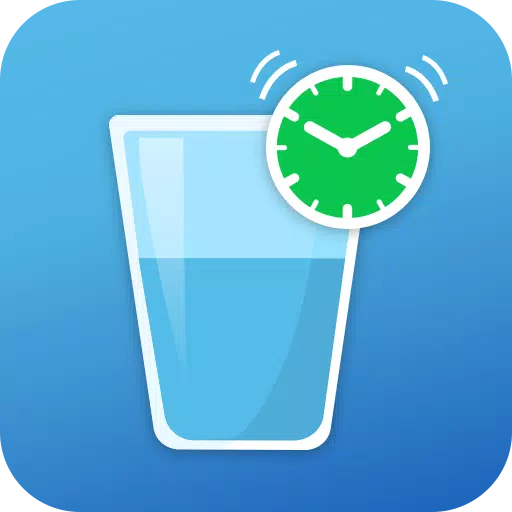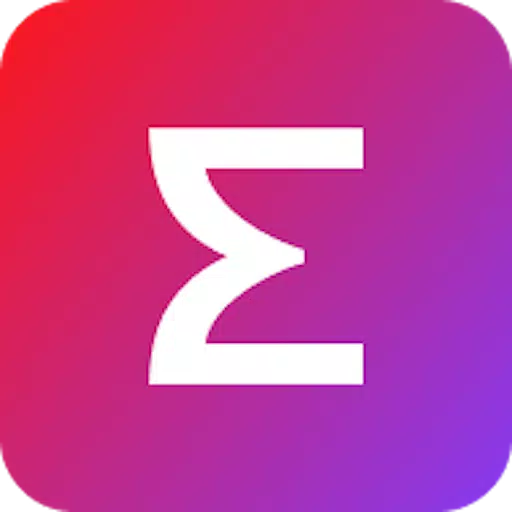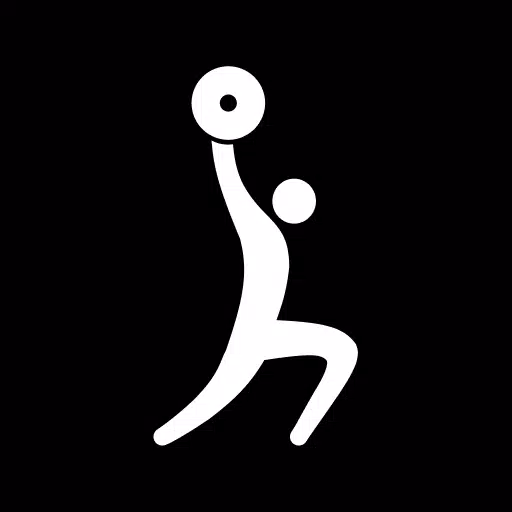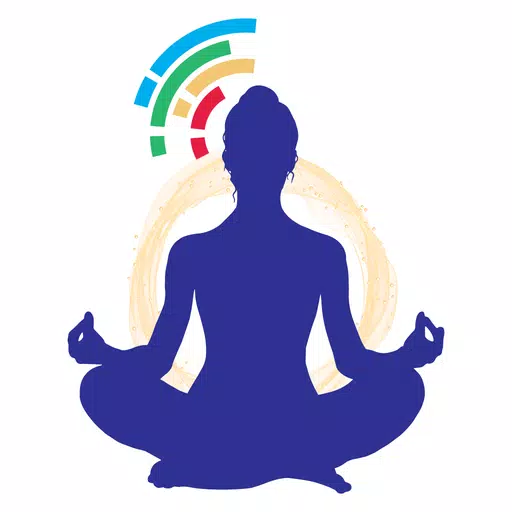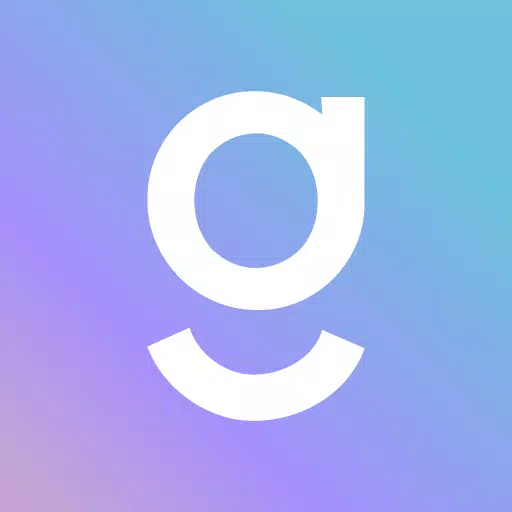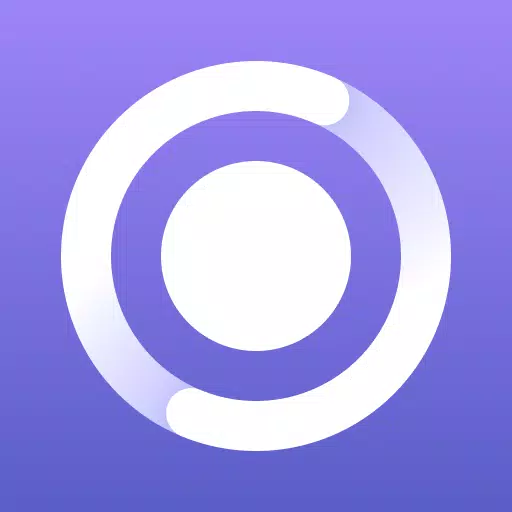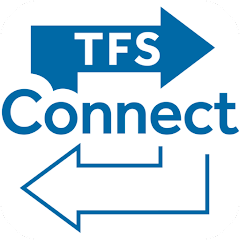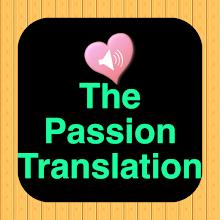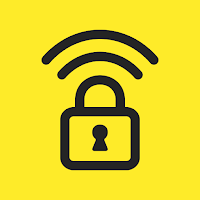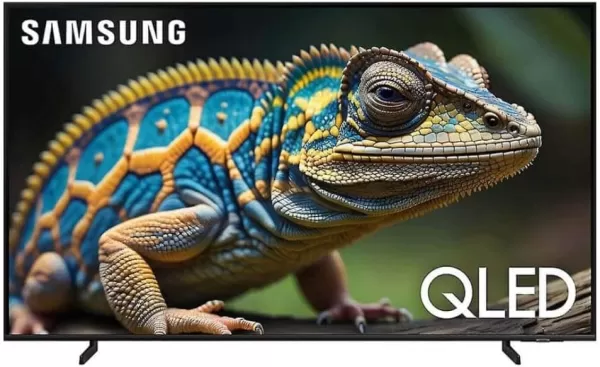
Application Description
Are you struggling to fall asleep after using your smartphone or tablet late into the evening? Do your kids seem overly energized after playing on their tablets before bedtime? If you're sensitive to light during migraines or concerned about blue light exposure, Twilight may be exactly what you need.
Recent scientific studies suggest that exposure to blue light before sleep can disrupt your body’s natural circadian rhythm. This is largely due to a special photoreceptor in your eyes called Melanopsin, which is particularly sensitive to blue light wavelengths between 460–480nm. This sensitivity can suppress Melatonin production—the hormone responsible for regulating healthy sleep-wake cycles.
In fact, research has shown that reading on a tablet or smartphone for just a couple of hours before bed can delay your sleep onset by up to an hour. These findings highlight the importance of reducing blue light exposure in the evening to maintain a consistent and restful sleep pattern.
How Twilight Helps
The Twilight app intelligently adjusts your device's screen based on the time of day. After sunset, it filters out harmful blue light and applies a soothing red hue to protect your eyes. The intensity of this filter is automatically adjusted according to your local sunrise and sunset times, ensuring optimal comfort and effectiveness.
You can also use Twilight on your Wear OS device, keeping your smartwatch display aligned with your nighttime visual preferences and health goals.
Additional Benefits
- Nighttime Reading: Twilight enhances readability at night by applying a gentle filter that’s easier on the eyes than standard backlight controls, allowing for significantly dimmer screen settings.
- AMOLED Screen Optimization: When properly configured, Twilight reduces overall light emission and distributes it more evenly across AMOLED screens—potentially extending the life of your display without causing burn-in.
Understanding Circadian Rhythms
To learn more about how light affects your biological clock and sleep cycle, check out these resources:
- Melatonin Overview
- Melanopsin Receptor Details
- Circadian Rhythms Wikipedia
- Circadian Rhythm Disorders
Permissions Used
- Location: To determine your local sunrise and sunset times
- Running Apps: To pause Twilight for selected applications
- Write Settings: For advanced control over screen brightness
- Network: To integrate with smart lighting systems like Philips HUE for full-room blue light protection
Accessibility Service
To ensure complete filtering—including lock screen and notifications—Twilight may request access to the Android Accessibility Service. This is used solely to enhance screen filtering and does not collect personal data. Learn more about privacy and accessibility here.
Wear OS Integration
Twilight syncs your Wear OS watch display with your phone’s current filter settings. You can easily manage the filter via a dedicated Wear OS Tile, giving you full control right from your wrist.
Automation Support
For advanced users, Twilight supports automation through tools like Tasker. Detailed instructions and setup guides are available here.
Scientific References
- Amplitude Reduction and Phase Shifts of Melatonin, Cortisol and Other Circadian Rhythms after a Gradual Advance of Sleep and Light Exposure in Humans – Derk-Jan Dijk & Co., 2012
- Exposure to Room Light before Bedtime Suppresses Melatonin Onset and Shortens Melatonin Duration in Humans – Joshua J. Gooley, Kyle Chamberlain, Kurt A. Smith & Co, 2011
- Effect of Light on Human Circadian Physiology – Jeanne F. Duffy, Charles A. Czeisler, 2009
- Efficacy of a single sequence of intermittent bright light pulses for delaying circadian phase in humans – Claude Gronfier, Kenneth P. Wright & Co, 2009
- Intrinsic period and light intensity determine the phase relationship between melatonin and sleep in humans – Kenneth P. Wright, Claude Gronfier & Co, 2009
- The Impact of Sleep Timing and Bright Light Exposure on Attentional Impairment during Night Work – Nayantara Santhi & Co, 2008
- Short-Wavelength Light Sensitivity of Circadian, Pupillary, and Visual Awareness in Humans Lacking an Outer Retina – Farhan H. Zaidi & Co, 2007
[ttpp]
[yyxx]
Reviews
Apps like Twilight: Blue light filter


